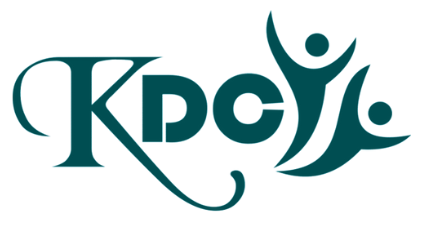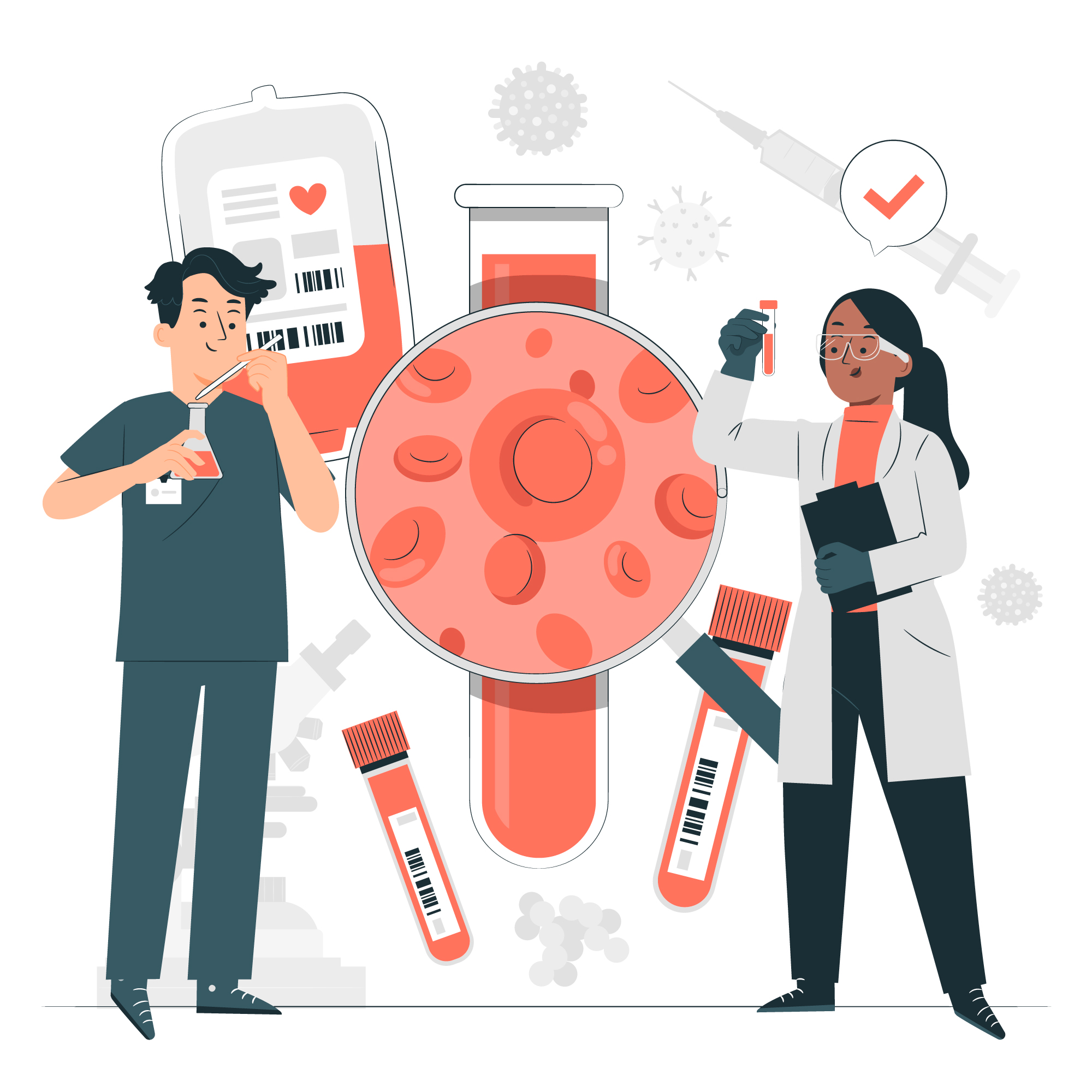Imagine this: You get a dream job offer. Salary achhi hai, office culture bhi accha lagta hai, but before you can join, HR sends you a list – “Please complete your pre-employment medical checkup.”
Sounds familiar? Today, almost every medium to large company in India insists on pre-employment medical tests. Whether it’s an IT firm in Bengaluru, a BPO in Gurugram, or a manufacturing unit in Pune — medical fitness reports have become as important as your resume.
But why is that? And why do companies specifically depend on pathology labs for these checkups? Let’s unfold this in detail.
What is a Pre-Employment Medical Checkup?
A pre-employment medical checkup is a series of health tests conducted before an employee officially joins an organization. The purpose is simple:
To assess the baseline health of the employee.
To detect any hidden or chronic illness.
To ensure the candidate is fit for the role.
It’s not about rejecting people for health issues, but more about awareness and prevention. For example, agar ek employee ko diabetes hai aur wo pehle se hi detect ho jaye, toh company and employee dono usko manage kar sakte hain.
Why Do Companies Make It Mandatory?
1. Workplace Safety
In industries like construction, manufacturing, aviation, or even BPOs, employee health can directly affect safety.
Imagine a crane operator with undetected epilepsy.
Or a pilot with uncontrolled hypertension.
Companies don’t want to risk accidents that can endanger many lives.
2. Productivity & Performance
An unhealthy employee means more sick leaves, low energy, and reduced output. Early diagnosis helps prevent frequent absenteeism.
3. Rising Lifestyle Diseases in India
India is the diabetes capital of the world. BP, cholesterol, thyroid, obesity — these are rising even in younger populations. Companies want to ensure they’re not onboarding employees already at high health risk without awareness.
4. Legal & Compliance Reasons
In some industries, like pharmaceuticals, healthcare, aviation, and food processing, pre-employment medical tests are legally mandatory.
5. Cost Saving on Insurance
Corporate insurance premiums are linked to the overall health profile of employees. A healthier workforce = lower premiums. That’s why insurance companies too often ask for basic health checkups before coverage.
What Do Pre-Employment Checkups Usually Include?
Every company has its own policy, but the standard set of tests looks like this:
Basic Pathology Tests
Complete Blood Count (CBC): Checks for infections, anemia.
Blood Sugar (FBS & PPBS): Detects diabetes risk.
Lipid Profile: Cholesterol and triglycerides for heart health.
Liver Function Test (LFT): Detects early liver disease.
Kidney Function Test (KFT): Evaluates kidney health.
Urine Routine & Microscopy: Identifies infections or kidney issues.
Special Tests (Depending on Industry)
HIV / HBsAg / HCV: Screening for infectious diseases.
Chest X-Ray: Checks lung health, TB detection.
ECG / 2D Echo: For roles requiring high physical fitness.
Spirometry (Lung Function Test): Especially in factories with dust/chemical exposure.
General Health Screening
Height, weight, BMI.
Blood pressure, pulse, vision, hearing.
This package ensures a complete picture of an employee’s health before joining.
Why Pathology Labs Are Crucial in This Process
Accurate Results – Only accredited pathology labs can provide reports that companies trust.
Standardization – HR departments prefer NABL/NABH accredited labs for uniform reporting formats.
Confidentiality – Labs maintain privacy of reports, sharing only with authorized HR.
Cost Efficiency – Bulk tie-ups with labs make checkups cheaper for companies.
Nationwide Reach – Large diagnostic chains and local trusted labs make it easy to test employees across multiple cities.
Employee Perspective – Is It Good or Bad?
Pros
Free or subsidized tests.
Early detection of hidden diseases.
Awareness about personal health.
Cons
Fear of rejection due to health issues.
Confidentiality concerns (what if HR misuses health data?).
Reality: In India, most companies don’t reject candidates unless it’s a serious health risk for the job. The goal is more preventive than punitive.
Rising Trend: Pre-Employment + Annual Checkups
Earlier, only MNCs did this. But ab toh mid-sized startups bhi annual health checkups karwa rahe hain. Why?
Prevents sudden health-related absenteeism.
Motivates employees to stay fit.
Reduces insurance cost burden.
Prevention is Better Than Cure – For Employers and Employees
For employees, these checkups are a reminder to stay health-conscious. For companies, it’s about building a fit, energetic, and reliable workforce.
Think of it as a win-win. You get your health report card, company gets peace of mind.
Tips for Employees Before a Pre-Employment Medical Test
Get a good night’s sleep before your blood test.
Fast for 8–10 hours (if fasting blood sugar/lipid profile is included).
Avoid alcohol for 48 hours before the test.
Carry your medical history (if you already have BP, diabetes, etc.).
Stay calm – It’s not an exam, it’s just a health check.
FAQs on Pre-Employment Medical Tests
Q1. Can I be rejected if I have diabetes or BP?
Rarely. Most companies don’t reject unless it’s a role where health is directly critical (like pilots, army).
Q2. Are the results confidential?
Yes. Reports are shared only with HR or insurance provider.
Q3. Is it compulsory for all jobs?
Not all. Mostly in IT, BPO, manufacturing, aviation, pharma, food industry, and MNCs.
Q4. Do I need to pay?
Usually companies cover the cost. Sometimes, employees may need to co-pay in smaller firms.
Pre-employment medical checkups are not just a corporate formality. They are a smart move — protecting employees’ health, ensuring workplace safety, and reducing costs for companies.
Pathology labs play a central role here — from accurate testing to maintaining privacy. So next time you’re asked for a pre-employment health checkup, don’t panic. Treat it as an opportunity to know your health better.


